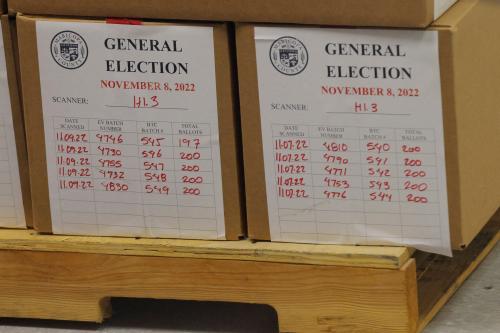Introduction
Politics – defined classically as who gets what, when and how by Lasswell – affects the origins, formulation, and implementation of public policy in the health sector. Politics dictates, for example, who is entitled to services, which are the priority areas, who will provide services, who will be subsidized, and how the budget ought to be allocated and spent. Because vested interests are usually affected by reforms (for example, health-care workers unions) and beneficiaries are dispersed and unorganized (for example, the poor and sick), there are inherent political difficulties associated with the definition and negotiation of the costs and benefits of reforms. Further, the implementation of reforms is often associated with new administrations or political crises, while reforms can also affect the stability of political administrations.
In spite of its acknowledged importance, there is also broad agreement that politics and political issues are rarely analyzed and frequently ignored at all stages of the policy identification, development, and implementation process in the health sector, particularly in the interactions between international donor agencies, recipient developing country governments, and their domestic political context. There is ample documentation that politics frequently trumps evidence as a driver of policy priorities and reforms and there are calls for both prospective and retrospective analyses of the politics of public health policy to improve the probability of policy implementation and impact and to understand more fully the political environments in which reforms operate.
This article will review the major theoretical treatments of politics in the health sector in developing countries and provide examples of common issues that have emerged in the study of the politics of public health policy reform. The article does not purport to cover all of the many ways that politics affects public health policies and, in particular, omits the social medicine literature that centers on the role that politics and political regimes play as a determinant of health status. Although there is clearly overlap, the focus is rather on the analysis of politics of public health policy making and implementation in developing countries and how these analyses have been used to improve the feasibility and durability of pro-public health policies. The article presents an overview of the theoretical approaches to understanding the political dimensions of public health policy making, before setting out a number of common features of health sector politics. This discussion provides the backdrop to a discussion of approaches to managing the politics of sector reform.



Commentary
Politics, and Public Health Policy Reform
September 17, 2008